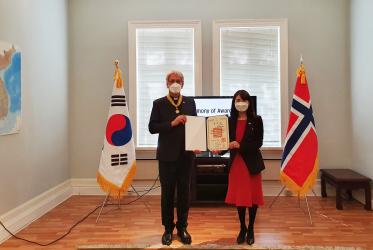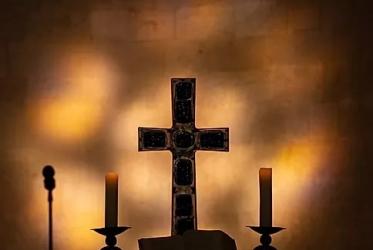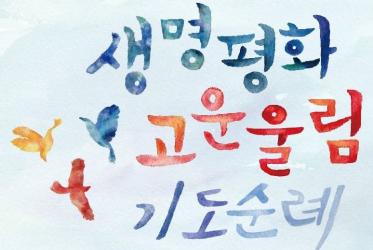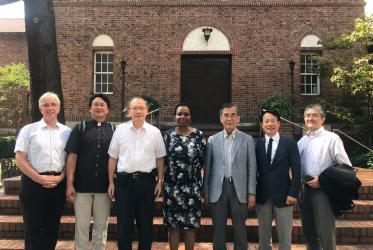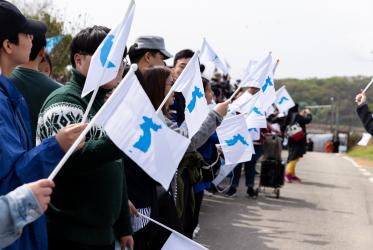Displaying 81 - 100 of 424
Churches should use their voice on climate change
26 February 2020
CCIA meets in Brisbane with focus on Pacific regional priorities
19 February 2020
Prayer Pilgrimage for Life and Peace Conference
30 January 2020
Ecumenical Centre, Geneva, Switzerland
In Japan, spirit of koinonia deepens
26 September 2019
Regional forum in Nigeria centers on banning nuclear weapons
04 September 2019
WCC pressing ahead with disarmament work
28 August 2019
Religions for Peace calls for "shared well-being”
26 August 2019
Latest issue of Current Dialogue tackles diverse themes
28 March 2019

